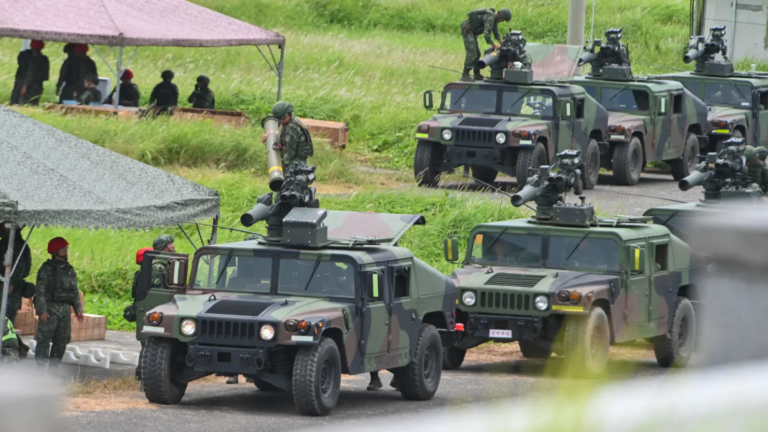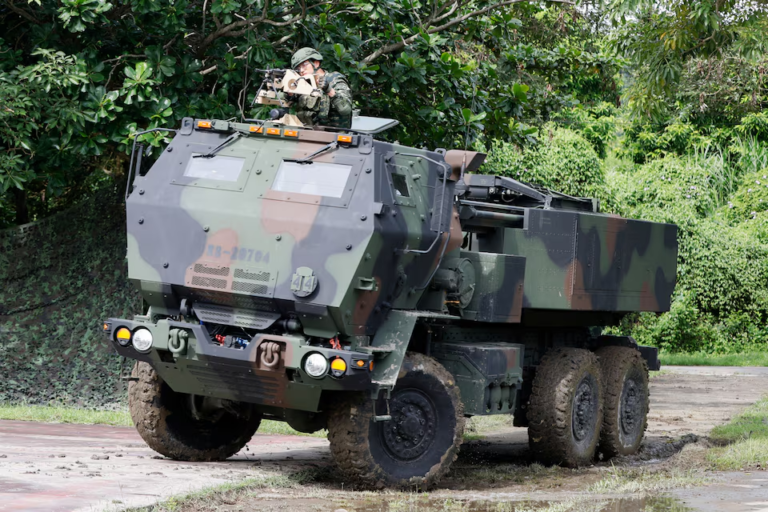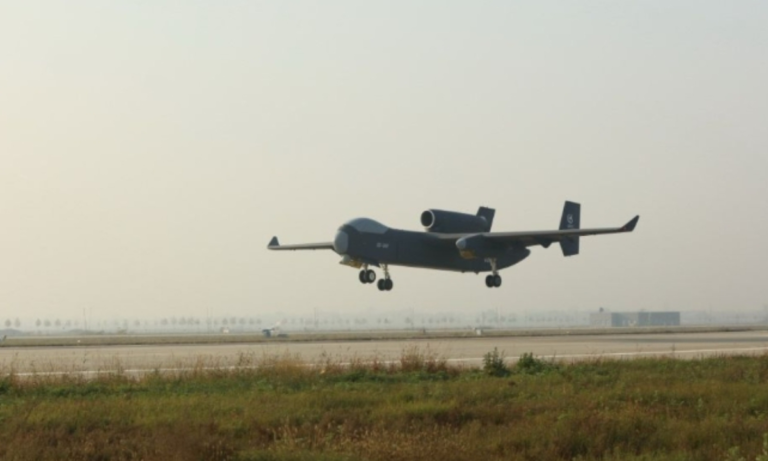
Chinese President Xi Jinping and India Prime Minister Narendra Modi meet on the sidelines of the BRICS summit in Kazan, Russia, on Oct. 23, 2024 © Reuters
Chietigj Bajpaee is senior fellow for South Asia at Chatham House, an international affairs think tank in London. He is co-author of a recent research paper: “How China-India relations will shape Asia and the global order.”
When China and India are talking about upholding the “rules-based international order” while the U.S. shuns the very order it helped to establish, you know that we are living in a New World Order. In March, I had the opportunity to attend major international conferences in both countries: the Raisina Dialogue in New Delhi and the Boao Forum for Asia in Hainan. Both events highlighted Beijing and New Delhi’s visions of the emerging international order and their places in it.





